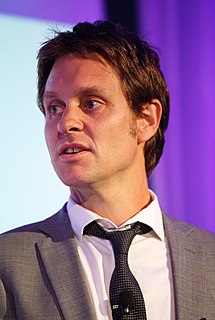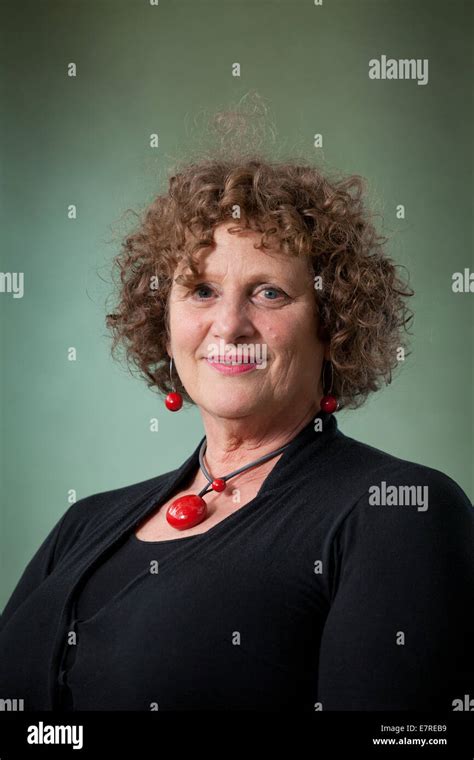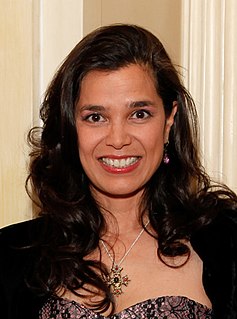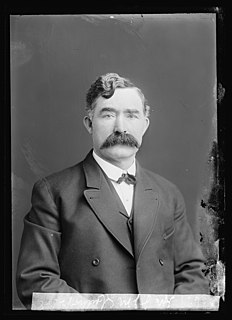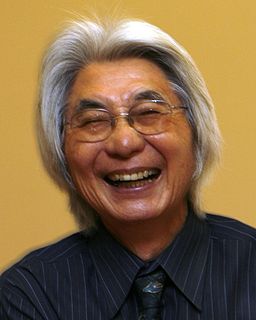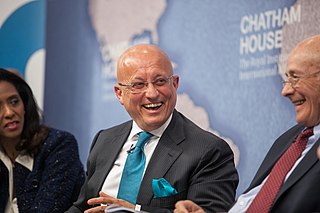A Quote by Craig Reucassel
The exchange rate between first-world lives and third-world lives in disaster stories in the media is about 50:1.
Related Quotes
While teaching a course on global development at Uppsala University in Sweden, I realized our students didn't have a fact-based worldview. They talked about 'we' and 'them.' They thought there were two groups of countries: the Western world, with small families and long lives, and the Third World, with large families and short lives.
There are many feminists who work in the media, and they think that feminism is very important. It is in their own lives, but mostly feminism has had an impact among privileged women in the advanced Western countries. For the most part, it hasn't begun to touch the lives of poor and working women in the Third World, and that distresses me.
If a country is an attractive place for foreigners to invest their funds, then that country will have a relatively high exchange rate. If it's an unattractive place, it will have a relatively low exchange rate. Those are the fundamentals that determine the exchange rate in a floating exchange rate system.
We read to find out what the world is like, to experience lots of lives, not just the one we live. If it is true that our lives are chaotic and we crave a shape, stories are the shapes that we put on experience, containing all the wisdom in the world. We can even choose what kind of wisdom suits us.
The problem the world faces today is that only one-third of the world's population lives in decent circumstances, while half the population of the world lives on one or two dollars a day. And even as we have this poverty and backwardness, we are facing a global environmental crisis. We need developmental models that will take into account the specific and unique position of each country and at the same time will address the environmental crisis.
I am inspired by the reality that actions we take in the real world, no matter how seemingly small, can have impact on people's lives in a positive way. I have always been motivated by the desire to improve the world for women, in particular in the media - because the media is the "face" of the collective philosophy; watching media tells you what we think of ourselves and our "ideal" images and states of being.
Children learn what they live.
If a child lives with criticism... he learns to condemn.
If he lives with hostility... he learns to fight.
If he lives with ridicule... he learns to be shy.
If he lives with shame... he learns to be guilty.
If he lives with tolerance... he learns confidence.
If he lives with praise... he learns to appreciate.
If he lives with fairness... he learns about justice
The lesson for Asia is; if you have a central bank, have a floating exchange rate; if you want to have a fixed exchange rate, abolish your central bank and adopt a currency board instead. Either extreme; a fixed exchange rate through a currency board, but no central bank, or a central bank plus truly floating exchange rates; either of those is a tenable arrangement. But a pegged exchange rate with a central bank is a recipe for trouble.
